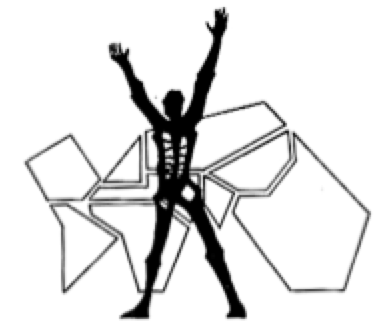ICA’s Mission is to Build a just and equitable society in harmony with Planet Earth
Effective mission statements describe the core purpose of an organization and say why it exists. While it is important for people within a work place to have a unifying story, a mission statement also explains its purpose to others. Two short videos, referenced below, stimulate thinking in regard to mission. The first urges the use of a “mantra” to clearly convey purpose. The second urges the importance of addressing questions about “why,” rather than “what” or “how.”
Social justice has been a constant in ICA’s mission. Furthermore, ICA has always told its story within the context of the “moral issue of our times.” When it first began in 1962, the major moral issue across the United States was civil rights. Today, awakened persons know that global climate change confronts sensitive and responsible people everywhere with a huge moral dilemma. ICA-USA’s current mission statement, approved by its Board of Directors in 2013, combines the two: “to build a just and equitable society in harmony with Planet Earth.” Two recent books, both of which are subjects of published book reviews by Ted Wysocki, the current CEO of ICA-USA, make a strong case about this combination (see Resources listed below).
This mission statement is clear, answers the question “why,” and can be used in a mantra-like manner — one of its major strengths is that it is memorable and easy to cite — but it doesn’t distinguish ICA from others that share a similar aim. Addendum secondary phrases can be helpful in accomplishing this. During recent years, two addenda have been occasionally used to provide a sharper focus. The first highlights community development and collaborative relationships as a strategic vehicle through which ICA fulfills its mission:
“ICA programs strengthen the capacities of organizations, communities, and individuals to affirm the significance of their situation and to build, and implement, responsible plans of action.”
The beginning and end of this phrase are easily understood. However, the middle section, “affirm the significance of their situation,” isn’t as obvious. It implies an ability to look starkly at realities in the world and to consider them without illusion or denial. ICA is not merely a neutral facilitator. Its agenda is to call attention to the major challenges of our times and the phrase is a reminder of this, especially to those working internally within ICA. A second addendum also provides greater focus about the mission: “building a just and equitable society …
“through empowering cultural dimensions of the social process.”
More on this can be found in section “2d” but the phrase highlights the importance ICA has given to the transformative role of culture within society. As is often said, this is the reason for our name, the “Institute of Cultural Affairs.” Few statements about mission and purpose are as compelling as the one declared by Teilhard de Chardin: “The task before us now, if we would not perish, is to shake off our ancient prejudices, and to build the Earth.” This is a foundational perspective upon which ICA’s mission resides. While “ancient prejudices” certainly influence and drive economic and political relationships today, shedding them is a matter of culture.
Resources for continuing the conversation:
